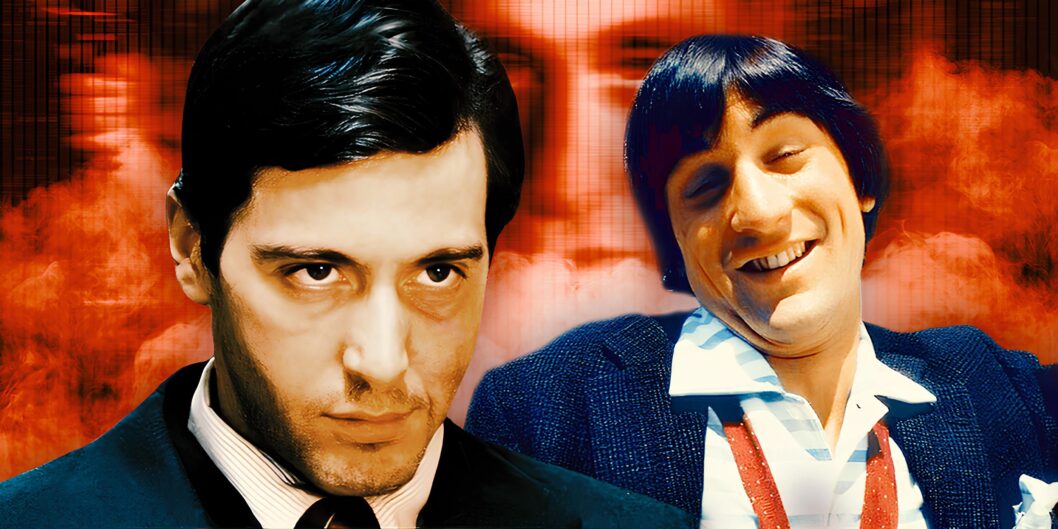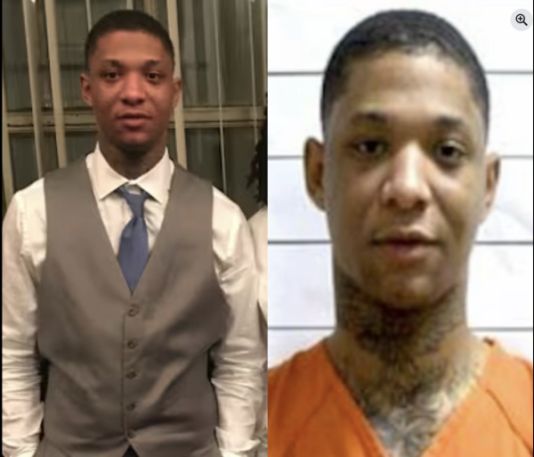The Backstory of ‘The Gang That Couldn’t Shoot Straight’ and Its Impact on Hollywood
In the turbulent world of early 1970s cinema, certain films don’t just tell a story; they also set the stage for the rise of legends. One such film, The Gang That Couldn’t Shoot Straight, often overlooked in the annals of film history, represents a curious moment in the careers of Robert De Niro and Al Pacino, and Hollywood’s evolving portrayal of gangsters. This comedy, released on December 22, 1971, looked to mirror the life of notorious gangster Joe Gallo, yet it diverged sharply from the success that would soon follow with The Godfather.
A Comedy That Missed the Mark
Based on Jimmy Breslin’s 1969 novel, The Gang That Couldn’t Shoot Straight attempted to blend humor with the gritty life of organized crime. Directed by James Goldstone and produced under an Oscar-winning scriptwriter, Waldo Salt—famed for Midnight Cowboy—the film featured Jerry Orbach as Salvatore “Kid Sally” Palumbo and a young Robert De Niro in a supporting role as Mario Trantino. Unfortunately, the film was met with critical derision, securing a mere 20% rating on Rotten Tomatoes. Critics cited a lack of comedic depth, with performances seen as too exaggerated and direction perceived as overly heavy-handed.
Irwin Winkler, the film’s producer and later the celebrated producer of Rocky, reflected on the film’s failure in his memoir, A Life in Movies: Stories from Fifty Years in Hollywood. He noted the primary fault lay in the insistence on maintaining a shooting schedule rather than focusing on character development. “The performances are too broad and the direction is too heavy-handed,” Winkler stated, lending clarity to its critical reception.
Al Pacino’s Pivot to Stardom
One of the most compelling facets of this film’s production is its connection to Al Pacino. Originally tapped to portray Mario Trantino, Pacino left The Gang That Couldn’t Shoot Straight to take the role of Michael Corleone in Francis Ford Coppola’s adaptation of The Godfather. This career-defining decision came at a critical juncture, paving the way for both Pacino and De Niro to become two of the most iconic figures in film history. Notably, De Niro would go on to win an Oscar for his portrayal of Vito Corleone in The Godfather Part II, further cementing the irony of his earlier role in the failed comedy.
Indeed, the timeline showcases a fascinating overlap: as Pacino chose a dramatic turn, Coppola, initially turned down by Winkler to direct The Gang That Couldn’t Shoot Straight, seized the opportunity to create what would become the definitive mafia film. Coppola’s ability to ‘poach’ Winkler’s actors further sparked the rivalry and intricate relationships that often dictate Hollywood’s narrative.
Hollywood’s Missed Opportunities
Winkler’s memoir also articulated a significant moment of uncertain oversight. He recounts how he belittled Coppola’s capacity to helm a mafia film, reflecting a broader context of skepticism towards directors who would later redefine how cinema approached themes of crime and morality. Coppola’s vision diverged drastically from the comedic approach of The Gang That Couldn’t Shoot Straight, showcasing a more nuanced, dramatic narrative which became the hallmark of The Godfather.
The juxtaposition is stark. While The Gang That Couldn’t Shoot Straight failed to resonate with audiences, it simultaneously provided a fertile ground for the growth of a genre that would come to be synonymous with American cinema—rich character explorations, moral ambiguity, and powerful storytelling.
Reflections on Impact and Legacy
Despite its critical failure, The Gang That Couldn’t Shoot Straight holds a significant place in cinematic history as a stepping stone for both De Niro and Pacino. It illustrates how one film’s misfortune can lead to unexpected opportunities, shaping the landscape of future blockbusters.
In conclusion, the legacy of The Gang That Couldn’t Shoot Straight serves as a reminder of Hollywood’s unpredictable nature, where missteps can lead to monumental successes and where the decisions of actors and filmmakers can result in far-reaching consequences. The film, while not remembered fondly, contributed indirectly to the rise of movies that would forever change not only the careers of its cast but also the way Hollywood approached stories of crime and identity. As The Godfather would eventually demonstrate, the exploration of complex characters and narratives have the power to transform the film industry, leaving an indelible mark for generations to come.









